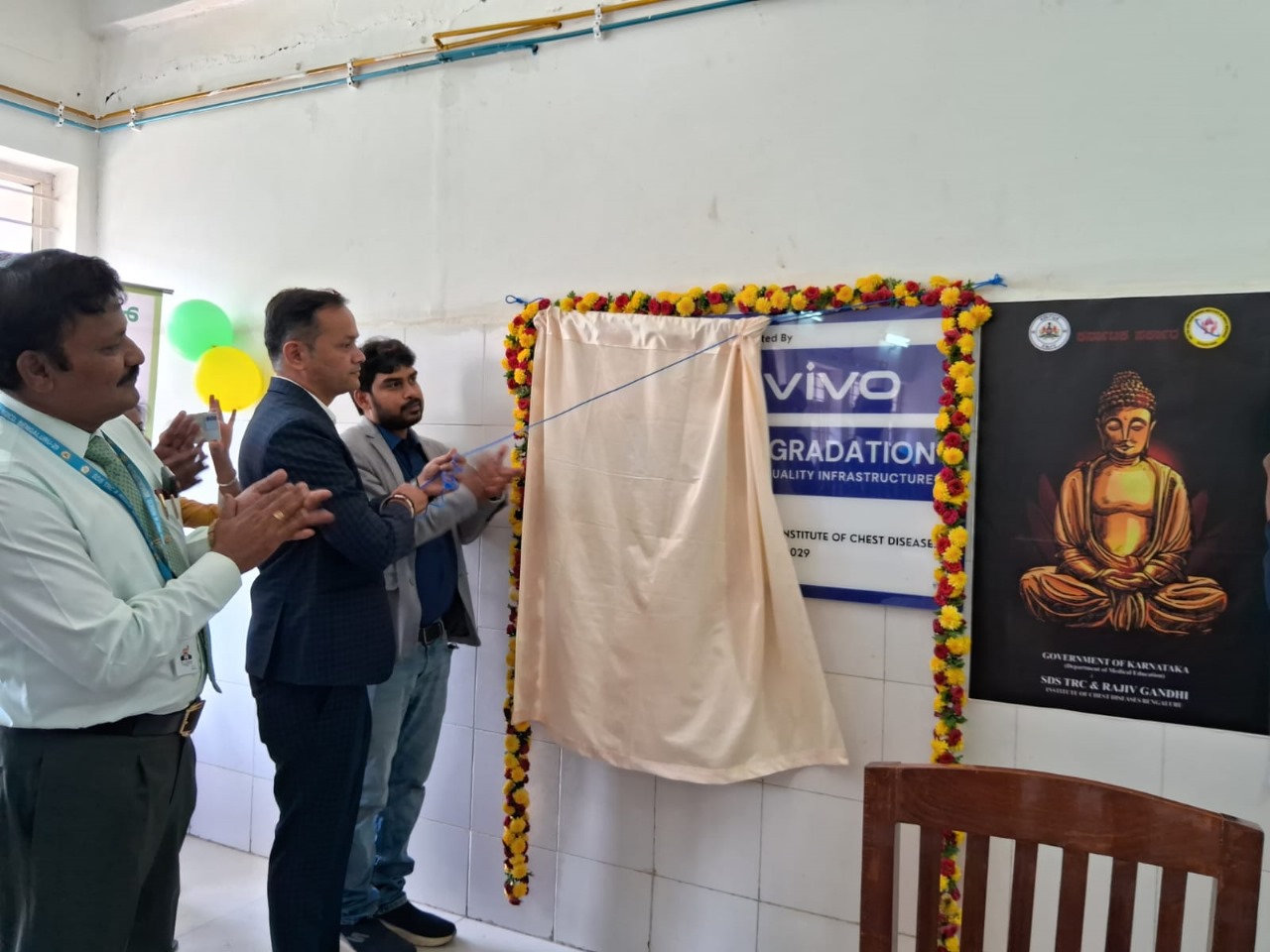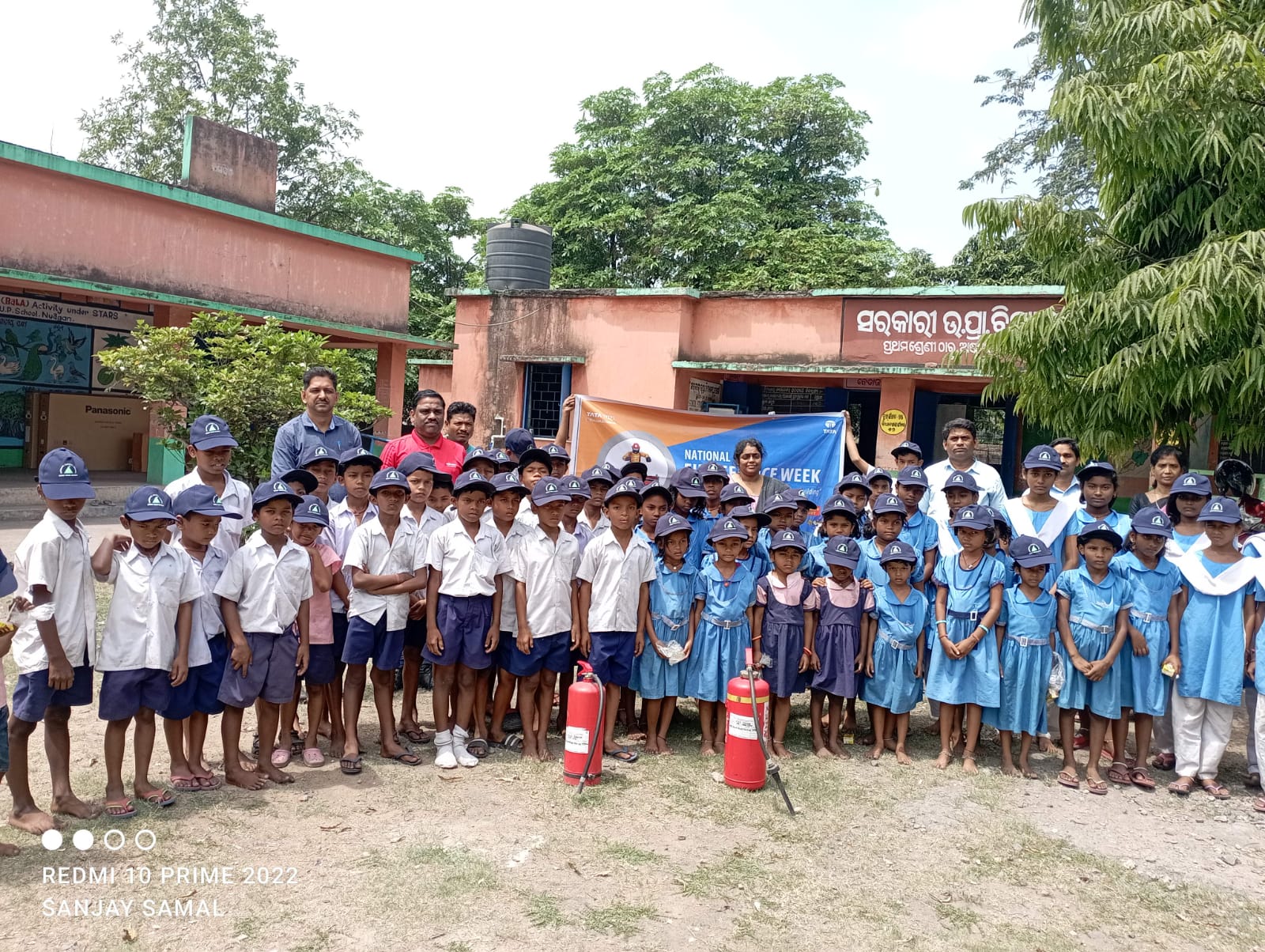Subscribe our Weekly Newsletter
CALL FOR PAPERS for the National Seminar on Doubling Farmer's Income and Nutritional Security: Role of Traditional and New High Value Crops In North East India
Organization Name: NATIONAL INSTITUTE OF RURAL DEVELOPMENT AND PANCHAYATI RAJ, NERC
Apply By: 14 Mar 2020
Location: Guwahati, Assam
Presentation Date: 27 Mar. 2020 - 28 Mar. 2020
NATIONAL INSTITUTE OF RURAL DEVELOPMENT & PANCHAYATI RAJ
(Ministry of Rural Development (Govt. of India)
North Eastern Regional Centre, Khanapara, Guwahati-781022
CALL FOR PAPERS
National Seminar on
Doubling Farmer's Income and Nutritional Security: Role of Traditional and New High Value Crops In North East India
27-28th March, 2020
Agriculture has always been an important sector in the Indian economy. It has been the prime source of rural livelihoods and income regardless of the agro-climatic region and administrative unit. According to the existing data, the major source of income for the farmers is cultivation which was accounted for ~ 46 to 48% during 2002-03 & 2012-13. In this context, prosperity of the country (India) essentially depends upon the enhanced income & welfare of the farmers. But both the farmers and farming in India are suffering from several structural and operative adversaries which is making farming unlucrative and putting farmer in stress. The contribution of agricultural sector in Gross Domestic Product (GDP) has been fluctuating such as it increased from -0.2% in 2014-15 to 6.3% in 2016-17, and then declined to 2.9% in 2018-19. However, despite the declining trend, the contribution of agriculture has a significant share in the country’ growth trajectory.
North Eastern Region (NER) is primarily a hilly region enriched with several river and three major valleys i.e Brahmputra, Barak and Imphal. Agriculture plays a vital role in the region’s economy. The region has very high dependency on agriculture and allied activities. More than 80 per cent of the rural households depend on agriculture as their principal means of livelihood. Agriculture, along with horticultural and forestry, is one of the largest contributors to the State Domestic Product (GDP). The region has several unique features: fertile land, abundant water resources, evergreen dense forests, high and dependable rainfall, mega biodiversity and agriculture-friendly climate. But agriculture in northeast India is at subsistence level because of hilly terrain, lack of plain land, small holdings, monsoon rainfall dependency, practice of shifting cultivation, and less mechanisation. All these adversaries make the farming unviable and non-profitable business or enterprise. Thus, the huge potential of the Eastern and North Eastern regions in the sphere of agriculture, horticulture, animal husbandry, forestry and fisheries is contrasted by the low levels of productivity and entrepreneurship. It has failed to convert its strengths optimally into growth opportunities for the well-being of the people. Consequently, the income realised from agriculture is too low for the farmers across the region. The time has come to fill the yield gaps and to capitalize on the opportunities offered by the region. The highest priority is required to be accorded to exploiting available potential in the region and enhancing competitiveness.
The present Government with the intention of going beyond food security has given enough thrust on income security with potential biodiversity for agriculture and proposed to double farmer’s income by 2022 marking the 75th year of independence. In its budget of 2016-17, Government of India has set a policy target of doubling farmer’s income by 2022, and to achieve this, the government has also announced number of measures that include agricultural market efficiency, expanding dairy processing facilities, and enhancing farmer’s capacity to diversify into non-farm activities. However, doubling farmer’s income or raising it to a significant degree in a short period of time may require some innovative measures. In this regard, an important aspect of the policy instance for Indian North-East can be the identification of region specific traditional and new high value crops. A better understanding of this factor would provide a unique pathway towards the proposed policy.
In the context of North East India, a National Seminar on ‘Doubling Farmer's Income and Nutritional Security: Role of Traditional and New High Value Crops In North East India is proposed with the object to discuss the issues of untapped huge potentials and how optimally to be converted into growth opportunities for the well-being of the people. The seminar will focus on the implementing various schemes for agricultural development like Pradhan Mantri Krishi Sichai Yojana, Pradhan Mantri Fasal Bima Yojana and E-mandi scheme etc. and also identify the challenges and will come with a actionable way forward for doubling of farmers income in the region by promoting the traditional and new high value crops.
Objectives:
1. To understand the existing practices, varieties, to technology etc. are being used for crop cultivation practice.
2. To assess the existing infrastructure, policy support, post-harvest management technique, institutional arrangements, economic linkages and marketing of crops.
3. To explore and identify region specific traditional and new crops which have high nutrition value, high demand, and fetches good price in market.
4. To identify the areas of innovations/ improvements/ technologies/ practices for popularising and improving productivity of these crops and doubling farmer’s income by 2022.
5. To suggest policy measures and strategies to promote such high value crops.
6. To understand the constraints faced by farming communities (including the distress situation and their frequency) that are limiting opportunities to income enhancement of the farmers.
7. To know the extent of assistance from central/ state/ PRIs being received by the farming community and hindrances in getting the benefits.
Guidelines for Papers:
It is also recommended that the length of the abstract and full paper should not exceed 500 words and 6,000 words, respectively, excluding preliminary pages, annexure and references. It should be written in Times New Roman, 12 pt. and line spacing- 1.15 lines. For reference we recommend the APA style.
The abstract should include the title of the proposed paper, Name of author/s, Institutional affiliation , Email address, Mobile No and Postal address, key words upto six and finally a paragraph of not more than 500 words summarizing the main findings and the argument of the proposed paper, and its significance.
The full paper should be arranged as follows: Title page, the presenter’s name, institutional affiliation (if any), email address and postal address, Abstract, Key-words, Introduction, Methods, Findings, Discussion, Citations and references.
Participation & Participants:
The participation will be by invitation and through submission of abstracts (300-500 words). The presentations shall be in the form of PPT, Key Note Speaker, Invited Talk, Oral Presentation, and Poster Presentation.
Papers are invited on the above-mentioned themes from Government Officials, Policymakers, Planners, Faculty members and Research Scholars from the Universities, Colleges, National/State level Research Institutions and Research organisations; Members from reputed NGOs, Corporate Sectors; Independent Researchers, Practitioner, and Social activist working in this area.
Interested participants may send their abstracts and full papers through email on seminar.nird.ghy@gmail.com and mkshrivastava.nird@gov.in as per the following schedule:
PARTICIPATION/REGISTRATION FEE:
National & International
There is no participation fee.
ACCOMODATION:
v Free board and lodging will be provided to all participants in the Institute’s Guest House
IMPORTANT DATES TO REMEMBER:
v Submission of Abstract: 22nd February, 2020
v Intimation of Accepted Abstract: 26th February, 2020
v Submission of Full Paper: 14th March. 2020
VENUE OF THE SEMINAR:
National Institute of Rural Development & Panchayati Raj
(Ministry of Rural Development (Govt. of India)
North Eastern Regional Centre
Khanapara, Guwahati-781022
Phone: 0361-2304790; Fax: 0361-2302570; Email: seminar.nird.ghy@gmail.com
SEMINAR CONVENORS:
Dr. R. M. Pant, Director
Dr. M. K. Shrivastava, Assistant Professor
FOR ANY QUERY -CONTACT PERSON:
Dr. M. K. Shrivastava, Assistant Professor
Email: mkshrivastava.nird@gov.in ; Ph: 09401234467 (M)
Ms. Sangita Patra, Research Assistant
Email: seminar.nird.ghy@gmail.com ; Ph: 9875389731 (M)
Latest Online Store
Latest Tenders And EOIs
Latest News
© Renalysis Consultants Pvt Ltd


























